Lebanon’s caretaker govt. gives cash cards to 500,000 poor families
The caretaker government of cash-strapped Lebanon says it has launched cash cards for over 500,000 poor families, a planned measure to further curb a $6 billion subsidy program that has severely dwindled foreign-currency reserves.
“It is true that an exceptional item has been allocated in the budget for this, but we are also trying to get funding from a World Bank loan targeting infrastructure and labor and also from the International Monetary Fund (IMF)’s special drawing rights known as SDRs,” caretaker Tourism and Social Affairs Minister Ramzi Moucharafieh said on Thursday.
Lebanon has been mired since late 2019 in a deep financial crisis that has caused the Lebanese pound to lose around 90 percent of its value to the dollar. Severe fuel shortages and wide-scale power cuts have paralyzed the country, which is also grappling with a political deadlock.
In the wake of a colossal explosion that destroyed the port in Beirut and swathes of the capital in early August last year, then-premier Hassan Diab stepped down but has so far run the country by a caretaker government.
According to estimates by the UN Economic and Social Commission for West Asia (ESCWA), the persisting crisis has so far driven some 78 percent of the population into poverty.
Last year, the caretaker government introduced a subsidy program to fund the import of basic goods such as wheat, fuel, and medicine. Opponents of the program claim that it was bloated, ill-managed, and wasteful, and it is now being phased out.
Moucharafieh said the prepaid cards, which will give each recipient family around $93 on a monthly basis for a year, were designed to reach those most in need and prevent waste.
Back in June, parliament approved the cash payments, which were estimated to cost around $556 million.
Earlier this year, the small Arab country approved a $246 million World Bank loan to finance programs for 180,000 families. Around 70,000 families are already benefiting from the program.
Politicians have so far failed to agree on a government even as Lebanon has been crippled by the major financial crisis, which has for the past two years put the currency in a free fall, eliminated jobs, and made banks freeze accounts.
Najib Mikati, a tycoon and a former premier, was designated to form a new government some two weeks after the former premier-designate, Saad Hariri, resigned as a result of a nine-month political deadlock.
Mikati, who has so far failed to form his desperately-needed cabinet, said last month that he still had to overcome major hurdles to forming a new government.
VIDEO | Press TV's news headlines
France fails to ban anti-Islamophobia protests
In Numbers: 200 days of Israeli genocidal war against Palestinians in Gaza
Death toll mounts in Gaza as Israeli genocidal war marks 200 days
Hamas dismisses US accusation of obstructing ceasefire in Gaza
Gaza solidarity protests sweep US universities despite police crackdown
Tension flares in India after Modi's anti-Muslim hate speech amid elections
Iran, Pakistan to bring peace, stability to region through cooperation: Raeisi


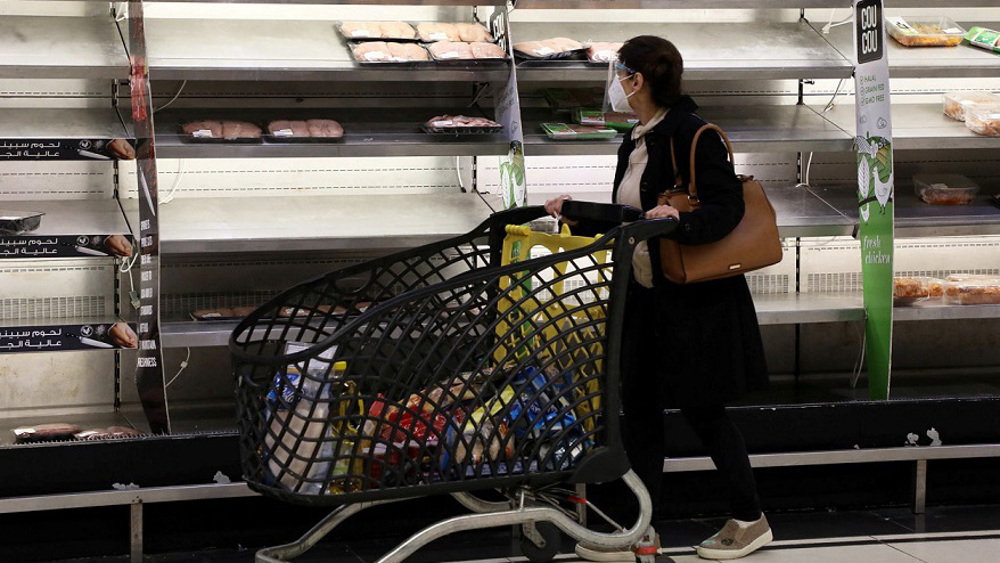
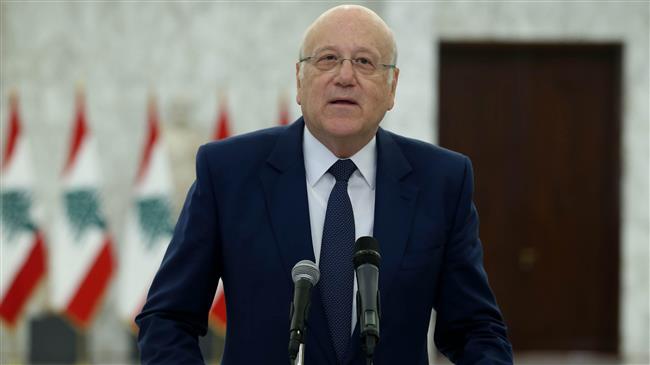
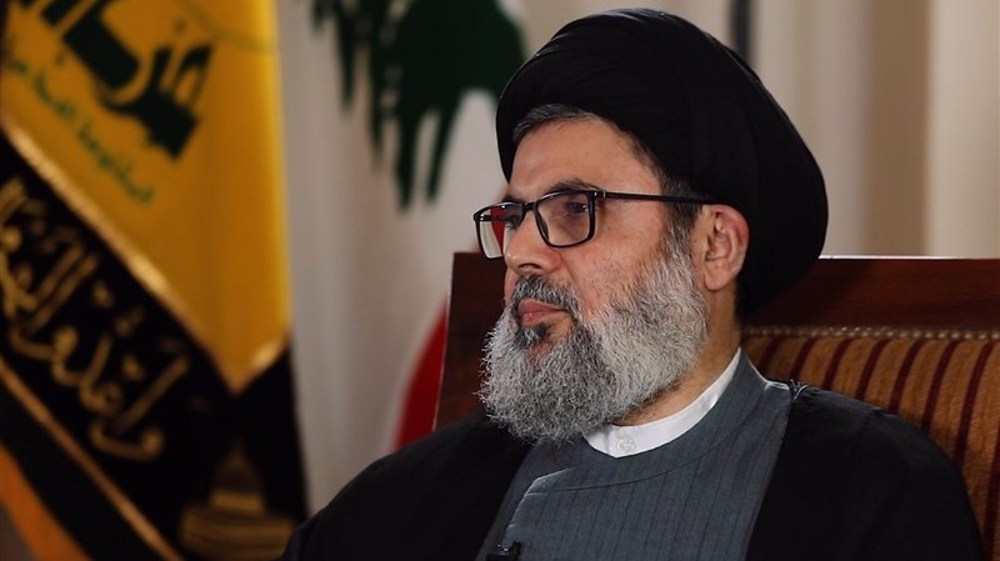
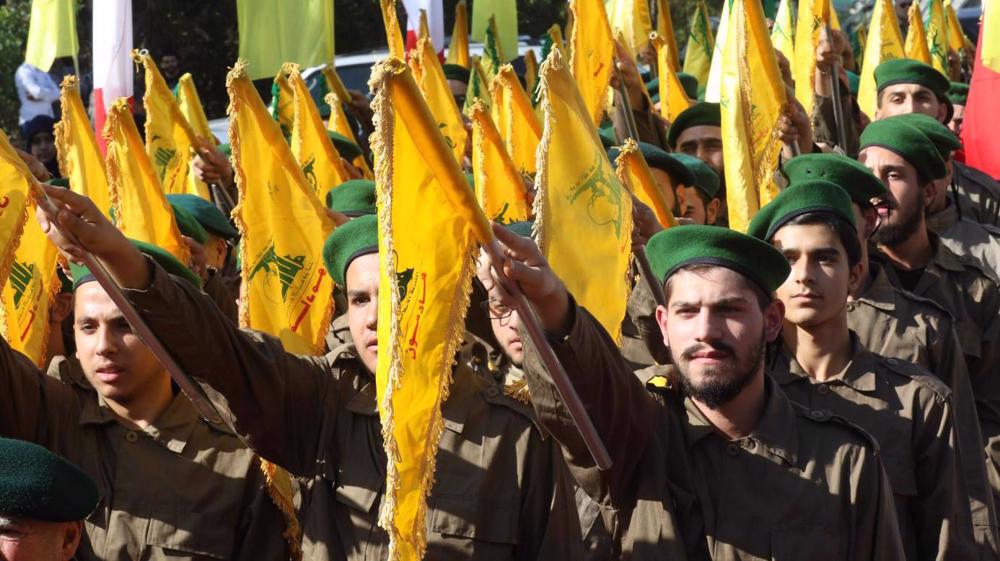
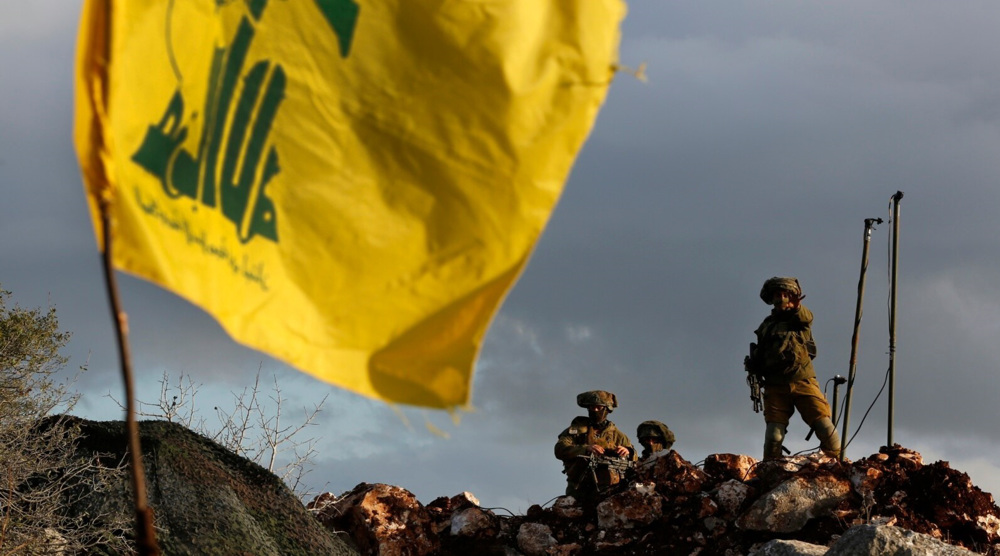



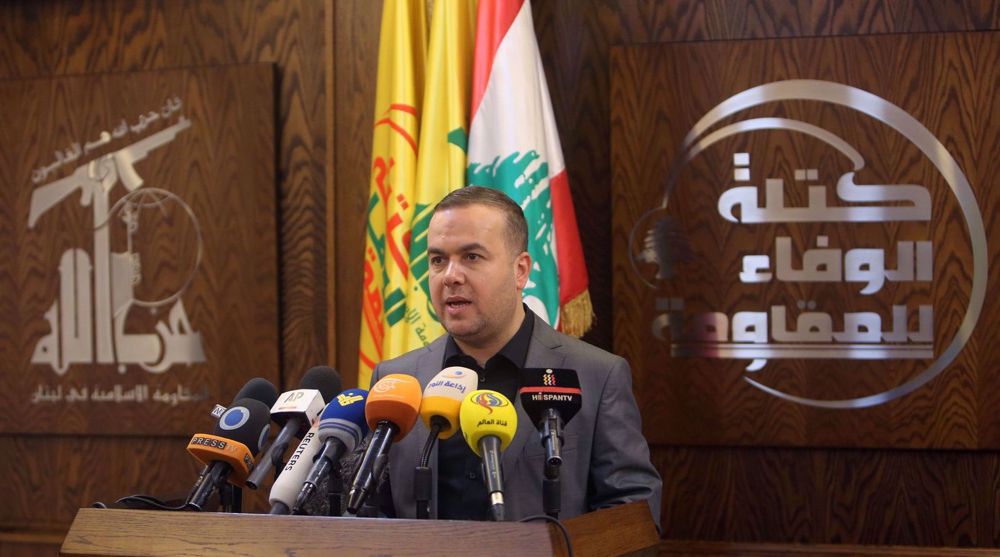
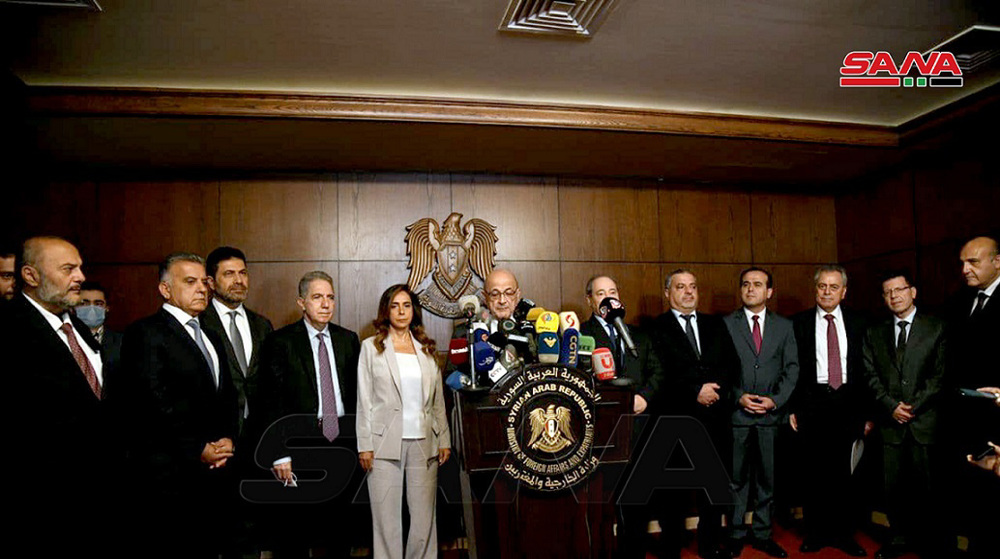
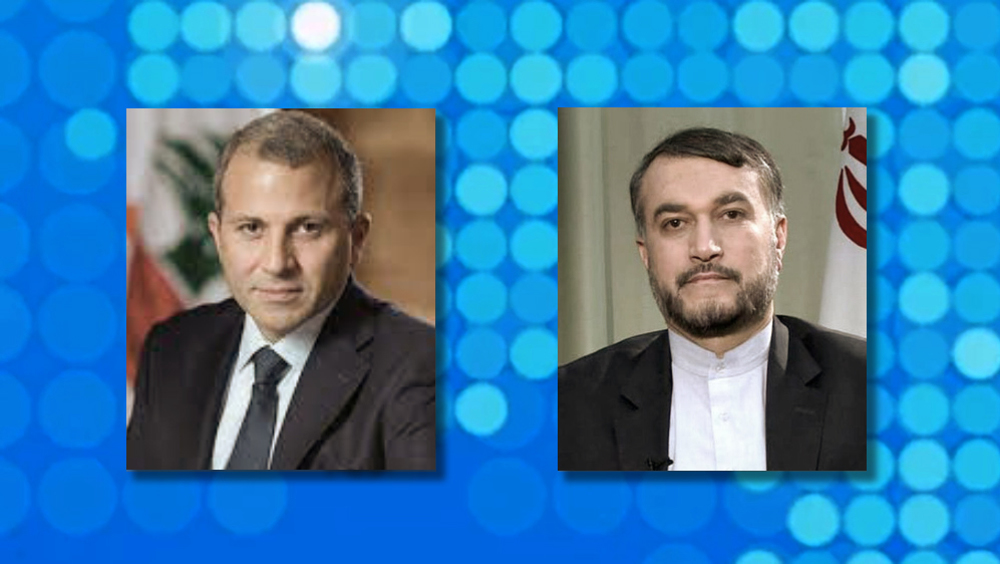

 This makes it easy to access the Press TV website
This makes it easy to access the Press TV website